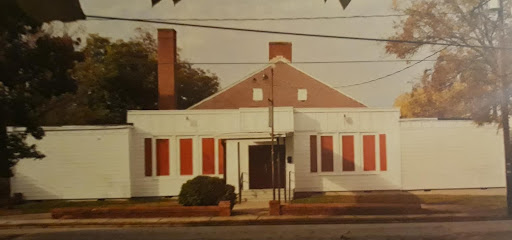This list is by no means conclusive, it lifts up only a handful of the major accomplishments, milestones, and highlights of the PRC partners so far this year. Please click the links to each organization’s website to learn more and directly support their work.
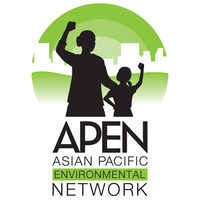
Asian Pacific Environmental Network (APEN) – Oakland, CA; Richmond, CA
APEN continues to strengthen its partnership with RYSE Commons as a site for a solar project where a board of youth members will be active in the governance of the project. To gather input on what needs local youth would have and prioritize in a climate crisis, and about what they would like to see as a part of a resilience hub, the interns developed and collected 120 surveys from respondents ages 14-22 in 11 cities in the East Bay, 13 high schools/universities. A few of the memes created by youth as part of their outreach are attached. APEN youth also helped plan and spoke at a Richmond Our Power Coalition Just Transition Townhall in June 2021 on the topic of Resilience hubs. Another APEN youth leader spoke at an online AAPIs 4 EJ Townhall event in April 2021 sponsored by AAPIs for Civic Empowerment (AAPI ForCE) Education Fund.
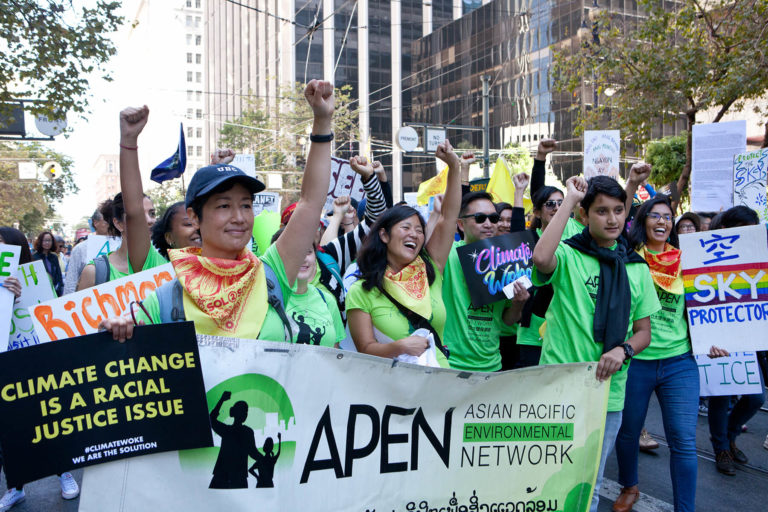
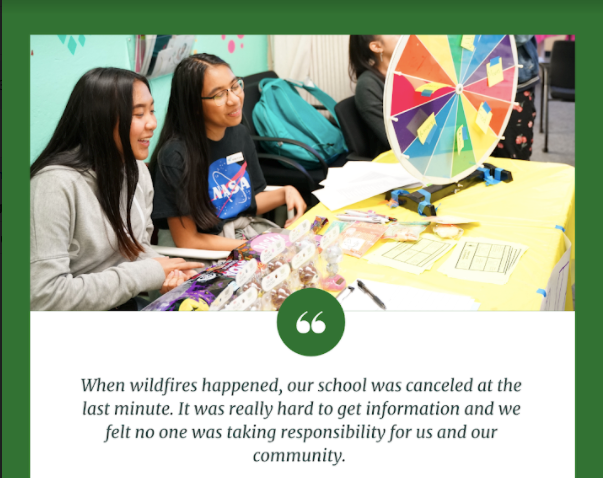

California Indian Museum and Cultural Center (CIMCC) – Santa Rosa, CA
During the past few years, CIMCC has completed a PPA to support solar installation and plan for full ownership within five years. CIMCC has also acquired funding to upgrade its HVAC and install a backup battery system. The backup system will allow the facility to operate for 72 hours, should it be cut off from power during an emergency. CIMCC has also made strides in working both with grassroots and with local county parks to increase tribal environmental stewardship and food sovereignty within the region. CIMCC’s tribal youth have worked to create resources that expand cultural gathering rights for Native people. As a result, local county parks and city governments are working to create land acknowledgments and strategies that increase access to cultural resources and traditional foods, and Indigenous gathering rights policies.
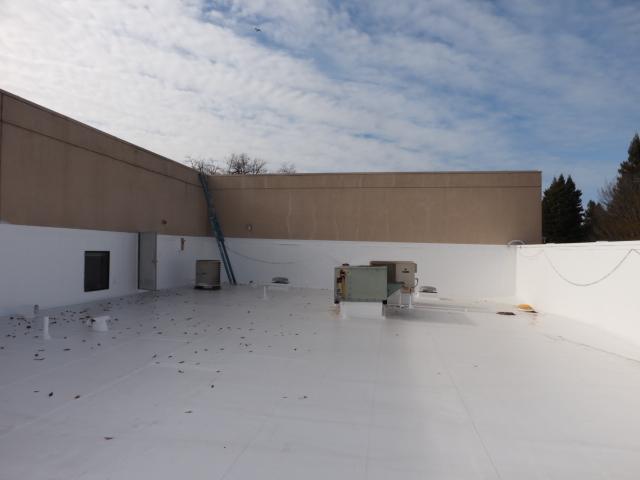
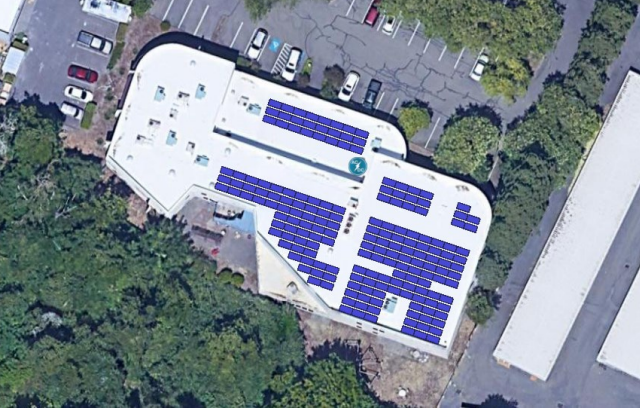
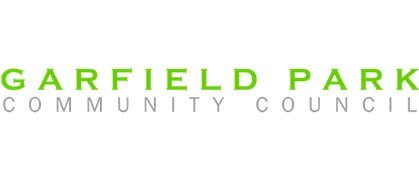
Garfield Park Community Council – Chicago Illinois
Since the Garfield Park Community Council (GPCC) began its implementation project in 2020, the organization has managed to offer many vital COVID-19 services while also working toward the goals of its implementation plan. GPCC has enhanced community engagement for the design of the C40 “Garfield Green Housing development,” which will add 45 affordable, carbon-neutral rental units to the neighborhood. The project is being developed by Preservation of Affordable Housing (POAH) Chicago. GPCC and residents have attended monthly community design meetings and the development is an agenda item for the Open Space and Land Use Committee. The organization has also been making updates to local gardens in the Garfield Park Garden Network, working with local leaders to upgrade raised beds and improving production at three community gardens. One of the primary local leaders of the Madison and Franciso Community Garden, David Edwards, also opened a new cafe in the neighborhood.
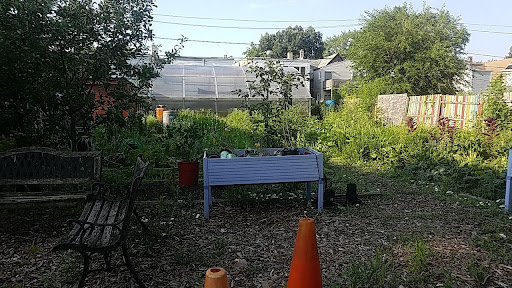
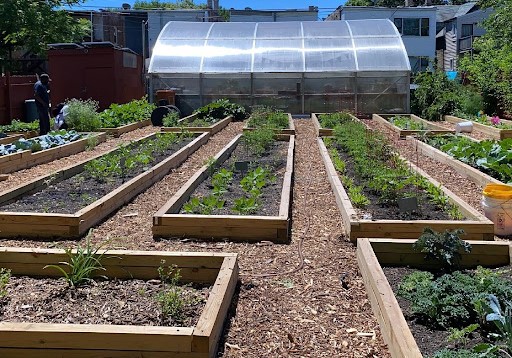
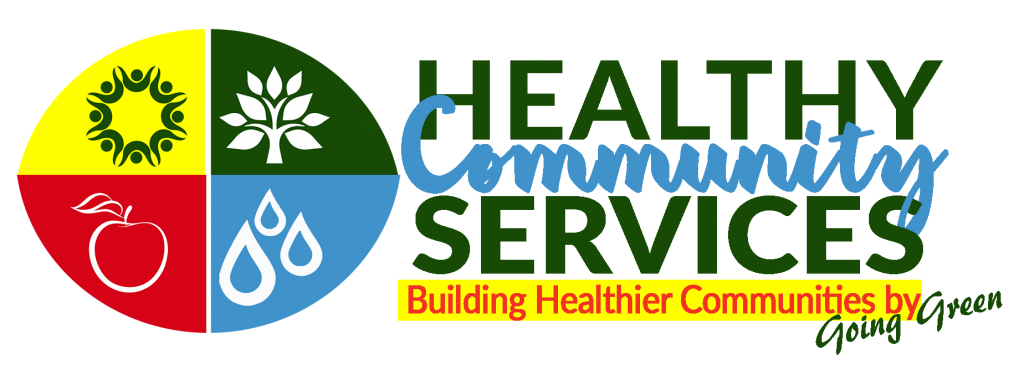
Health Community Services – New Orleans, LA
Healthy Community Services has been combating flooding issues in the 7th Ward, while also supporting residents with resiliency efforts in their own backyards through offering support and education around green infrastructures like rain barrels and french drains. The organization has also been focused on urban reforestation in its community, not only seeking to boost the aesthetic and property values of the surrounding community but also for environmental benefits including, air and water quality improvements, reduced stormwater runoff, and reduced urban heat island effect. To date, HCS has planted more than 300 trees and installed several green infrastructure projects including french drains, rain gardens, and rain barrels, a bioswale, and even a solar-powered weather station that issues heat alerts specific to the neighborhood. HCS, along with partners Water Wise Gulf South, the Greater Treme Consortium, Bunny Friend Neighborhood Association, and Dana Brown and Associates have completed about 160 projects with a stormwater capacity of 50,000 gallons across three neighborhoods including Treme and the 9th Ward.
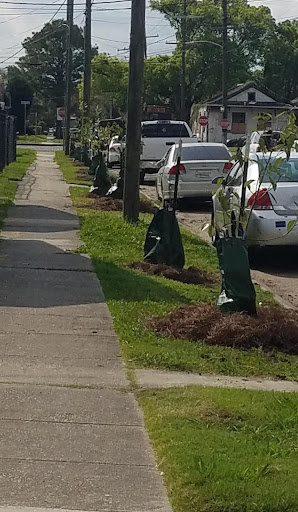
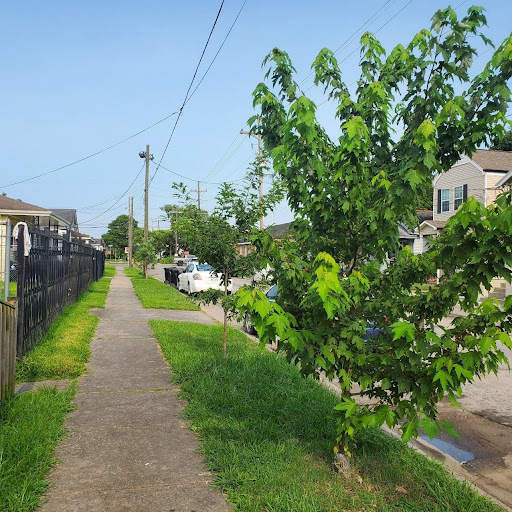
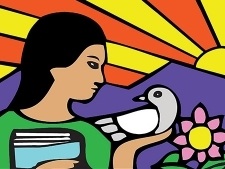
La Mujer Obrera – El Paso, TX
La Mujer Obrera, through Familias Unidas del Chamizal, its organizing project has been working for the past decade (since 2010) on the Chamizal Community Center, which only recently opened. The community center was initially supposed to be a recreation center, but the team went through a series of city meetings and community meetings to get the city to approve a community center that included a library, multi use areas, a splash park, a playground, and a green space for families to enjoy. The initial allocation of resources from the 2012 quality of life bond was $11 million and LMO was able to secure an additional $1 million from the community block grant for the green infrastructure of the center. The group also organized residents and asked the planning committee to give regular updates and hold input meetings of the design and the components.
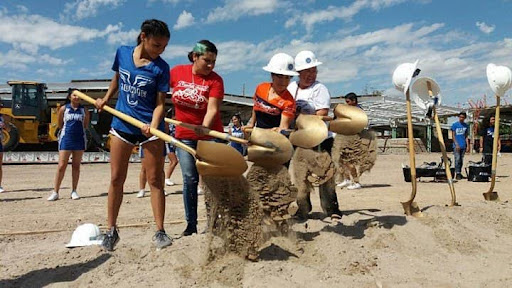
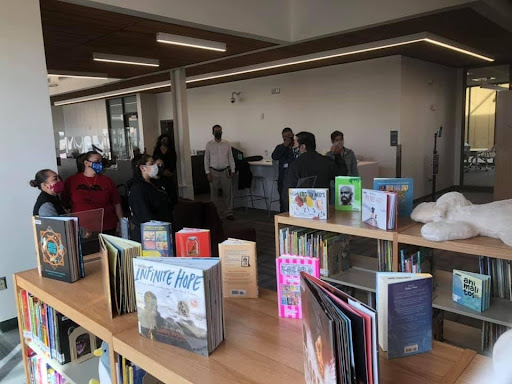

Power 52 – Baltimore, MD
Power 52 has become a fixture in its community over the past few years and demonstrated its reach in the height of the COVID-19 pandemic last year by hosting resource distribution events and supply the community with food, school supplies, emergency kits, and more. As a participant of the Long Reach Rising project, Power 52 has hosted a total of five contactless Pull up and Pick Up Food and Supply giveaways which distributed over 32,000 lbs. of food, energy packs, and supplies. To finish out the 2020 year, Power 52 hosted its final food distribution event sponsored by Kingdom Life Church and the Howard County Rise to the Challenge Grant. During this event, Power 52 provided 700 boxes of food including fresh produce, 500 emergency kits over 200 turkeys accompanied by holiday fixings, and 350 Power 52 Power packs which included toiletries and necessities. The outreach events have not only served as a great way to bring much-needed resources to the community at large, but it also showed to be an effective way to recruit. Recently Power 52 graduated its 16th cohort of work-ready trainees, bringing the total number of enrollees and graduates to date to well over 200 individuals served. The organization is now into its 17th cohort which started on August 2, 2021 and will run until November 22nd of this year.
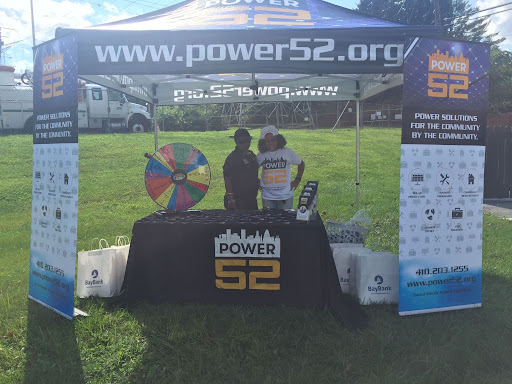
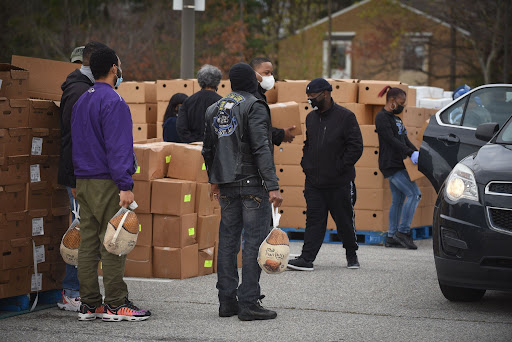
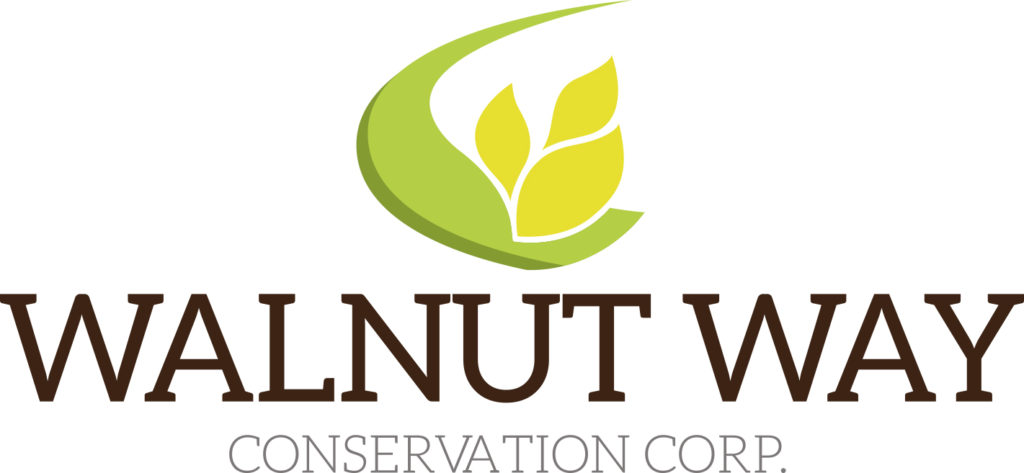
Walnut Way – Milwaukee, WI
Walnut Way is a neighborhood nonprofit organization founded in 2000 by Milwaukee’s Lindsay Heights residents. Its aim is to revitalize the community’s economic vitality and health by supporting community leadership and removing barriers to wellness, work, and wealth. Since its inception, Walnut Way has united neighbors in collective action, planted orchards and gardens in vacant lots, and cultivated a spirit of enterprise. Walnut Way has identified programs that address the neighborhood’s environmental, economic, and health concerns. Walnut Way has also developed the Innovations & Wellness Commons (aka The Commons), a community-driven multi-use commercial development project that houses nine health and wellness-minded tenants. Combining old building restoration and a new build at a historically relevant site, the Commons is revitalizing the North Avenue commercial corridor, creating sustainable jobs, and increasing access to a variety of integrated services; healthy food, workforce training, educational and community programming, as well as social enterprise businesses for local residents. The Commons is home to entrepreneurs of color that are strengthening their businesses and helping us create a resiliency hub for the community.
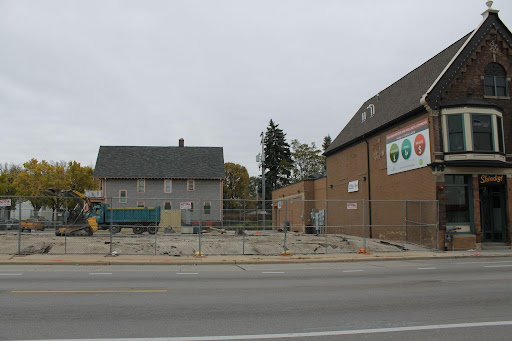
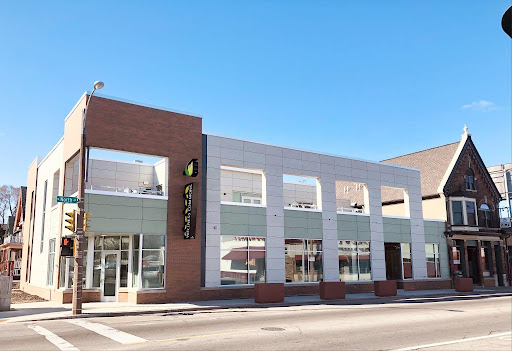
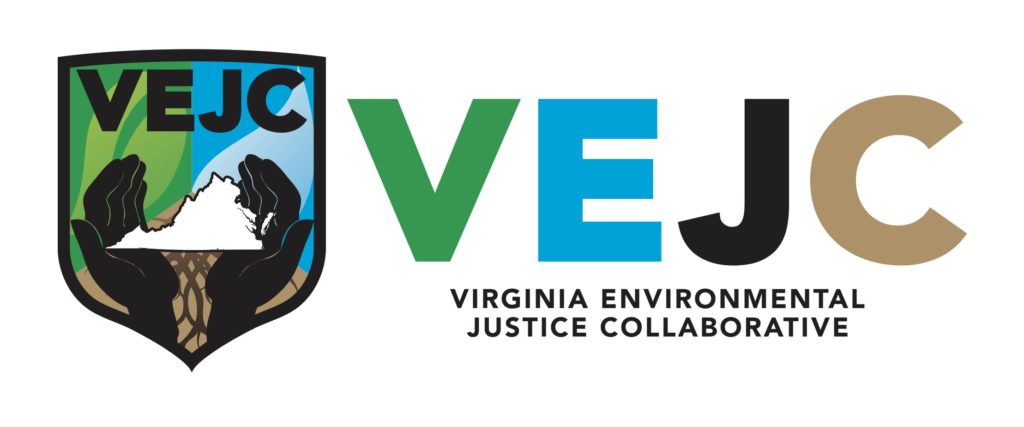
Virginia Environmental Justice Collaborative (VEJC) – Richmond, VA
VEJC grew to 40 organizational members in 2021. The Petersburg resiliency hub has been found eligible for listing on the state registry of historic places and the application for the national eligibility will be heard in December. VEJC also facilitated the creation of an Environmental Justice Map as well as established an Arm in Arm Hub within the resiliency hub. The organization also hosted an EJ Academy that was 9 months long and graduated six participants out of a cohort of 10. VEJC hosted the 1st EJ Academy held outside of Region 4, which was also the first virtual academy and the first to focus on EJ issues in a single state (Virginia).
